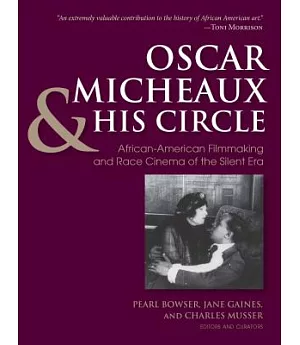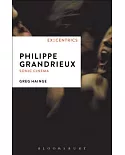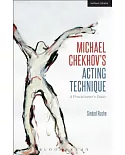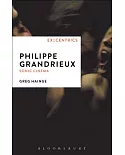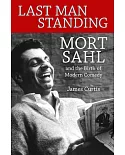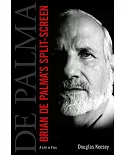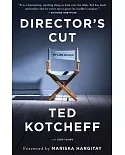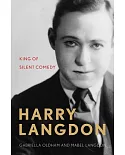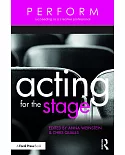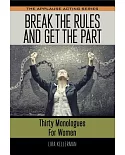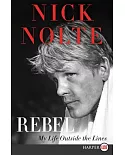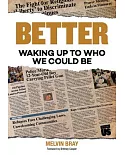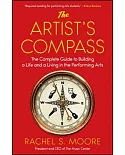Oscar Micheaux—the most prolific African American filmmaker to date and a filmmaking giant of the silent period—has finally found his rightful place in film history. Both artist and showman,
Micheaux stirred controversy in his time as he confronted issues such as lynching, miscegenation, peonage and white supremacy, passing, and corruption among black clergymen. In this important
collection, prominent scholars examine Micheaux’s surviving silent films, his fellow producers of race films who alternately challenged or emulated his methods, and the cultural activities
that surrounded and sustained these achievements. The relationship between black film and both the stage (particularly the Lafayette Players) and the black press, issues of underdevelopment,
and a genealogy of Micheaux scholarship, as well as extensive and more accurate filmographies, give a richly textured portrait of this era. The essays will fascinate the general public as
well as scholars in the fields of film studies, cultural studies, and African American history. This thoroughly readable collection is a superb reference work lavishly illustrated with rare
photographs.

